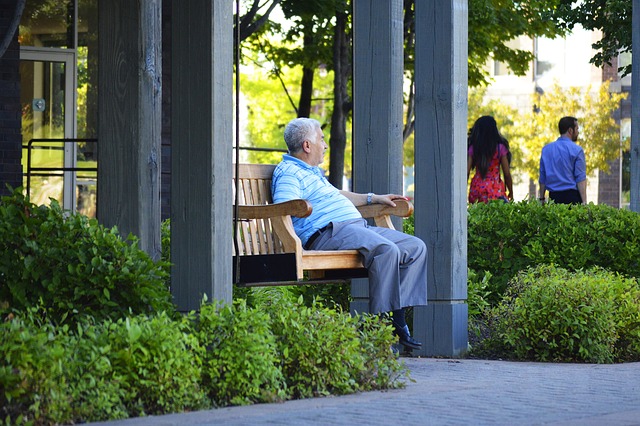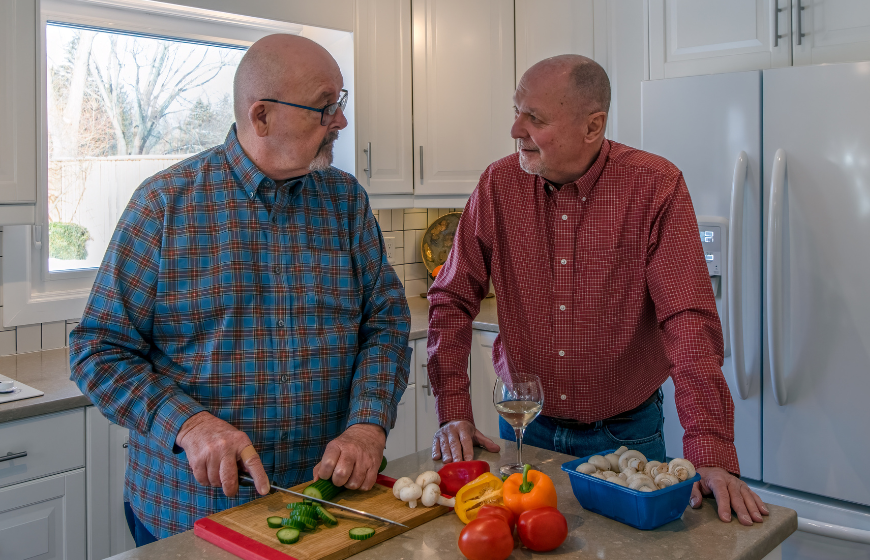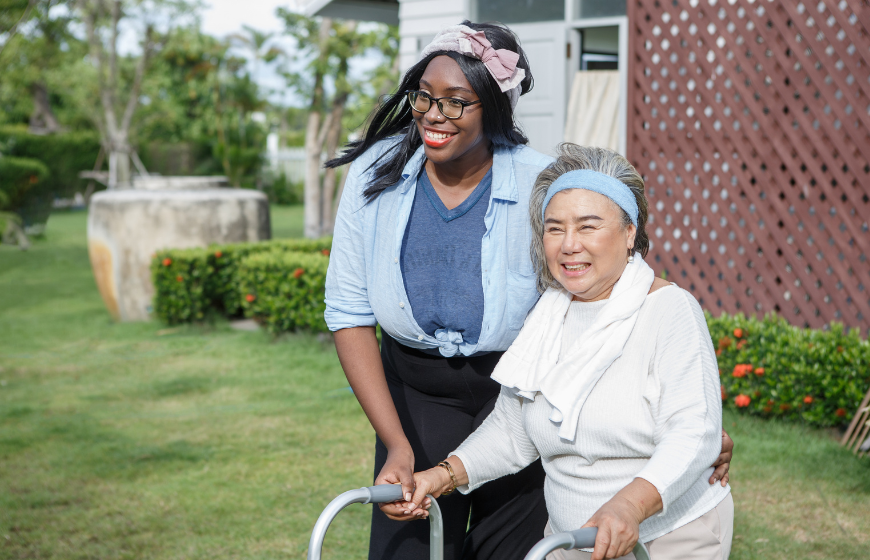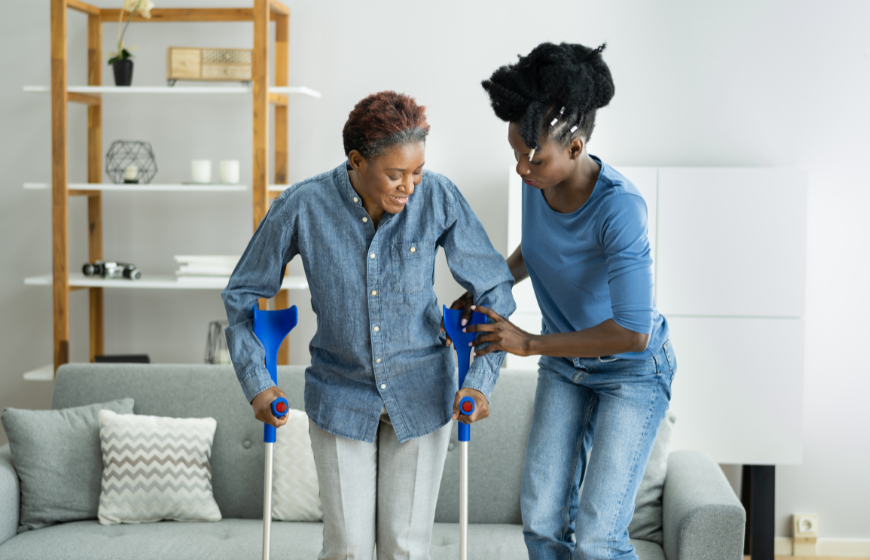Family caregiving has earned a well-deserved spotlight in recent health and wellness conversations. We covered the burden of family caregiving, in a previous post, but realize the magnitude of this public health concern deserves more attention. With this in mind, we brought in Dr. Sandy Krohn, Executive Director and Founder of City Psychology, to learn more about how we recognize and approach this important concern.
Alliance: Dr. Krohn, thanks for volunteering to discuss caring for the family caregiver with us today. A recent study published by the Center for Retirement Research noted that adult children devote an average of 77 hours per month on care for aging parents. That’s a lot of time! How has this statistic affected your clients dealing with caring for an aging loved one?
Dr. Krohn: This data impacts and reflects my clients in a number of ways. As research shows, caregiving can lead to both physical and psychological problems, such as compromised immune systems, depression, and anxiety. I often see caregivers who suffer in silence. Many times, by the time a person comes to see me, they may have been living for years with feelings of loneliness, guilt, isolation and chronic issues of stress and strain. One of my goals as a practitioner is to increase the public’s knowledge of caregiver stress, so we can eradicate the stigma of asking for help and to get people support earlier in the process.
Alliance: We’re glad this issue has been brought to the surface, as well. Research also shows that adult daughters bear the brunt of family care. In your opinion, how can adult daughters better prepare for this role? When is the right time to ask for help?
Dr. Krohn: That’s a good question. My hope is that, as a society, we can work together to reduce the burden on adult daughters. While it’s true that the burden of caring for aging parents often falls on a daughter, I think we need to move toward an approach that spreads responsibility throughout the family system to include other family members, as well. I have met very involved sons, and there is no reason why males cannot take part ownership of this role.
Remember, it is never too early to ask for help, especially from another family member. In my opinion, being proactive is the best approach. This means talking to other people and securing your support system early in the process. Validating your feelings or finding someone who has traveled a similar caregiver path goes a long way. This will not only help relieve stress, but will also provide feedback on how to determine when it may be time to seek professional help. Although friends and family support are important, sometimes it is necessary to work in conjunction with a trained, experienced provider, especially if caregiver stress has negatively impacted health, functioning and overall well-being. The good news is that we have many effective techniques to lessen and alleviate issues.
Alliance: That’s reassuring. As the baby boomer audience grows older, care needs are certainly only going to increase. How can we do a better job at recognizing and managing family caregiver burnout? Is preventing caregiver burnout even possible?
Dr. Krohn: Yes, it is possible, but it will require big shifts in how we consider, handle, and support caregivers. As healthcare professionals, we need to do a better job at recognizing when our patients and their caregivers need additional support and must be able to provide solutions. This includes geriatric specialists like me, but also professionals who work with clients across the lifespan. General practitioners should be screening for things, such as depression and anxiety, to learn if a patient is experiencing symptoms of family caregiver stress earlier rather than later. I am lucky to work within referral providers who are skilled at recognizing caregiver stress. These professionals often consult with me and together we connect these family caregivers to the support system they deserve and require. My hope is that this process becomes part of standard practice. On a societal level, we need to inform the public that an integral part of caring for others means a focus and attention on self-care, as well. I am confident that we can get there.
Alliance: Thank you so much for enlightening us, Dr. Krohn!
City Psychology provides support services for family caregivers and their loved ones. If you notice signs of caregiver burnout, contact Dr. Sandy Krohn, PsyD at City Psychology Group by visiting City Psychology online or by calling 212-365-5056.




